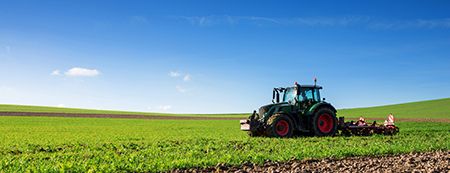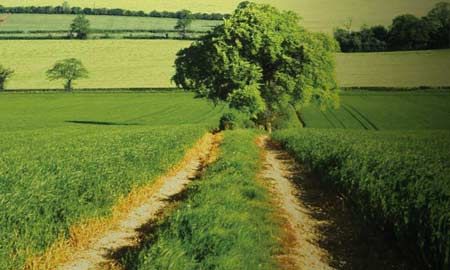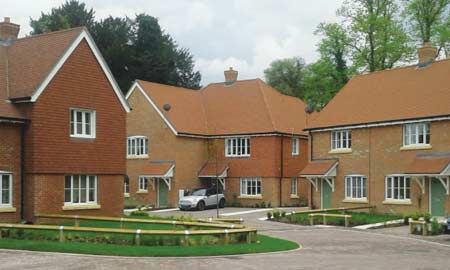
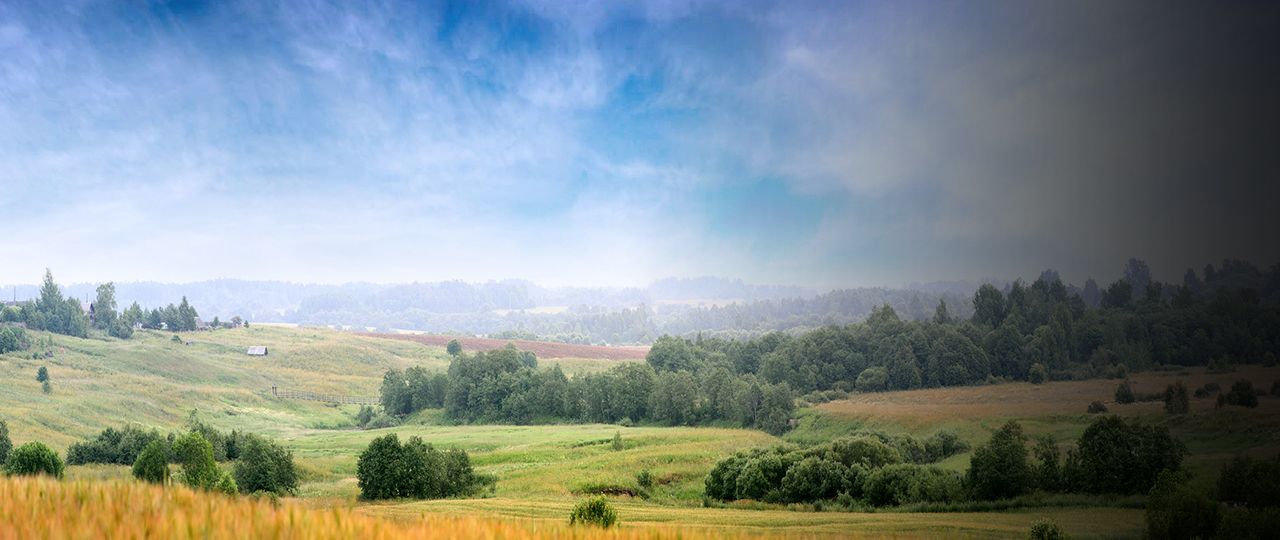
Tim Breitmeyer has recently been announced as the new President of the Country Land and Business Association (CLA). He farms 1,600 acres in Cambridgeshire and contract farms a further 3,200 acres.
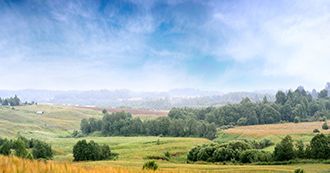
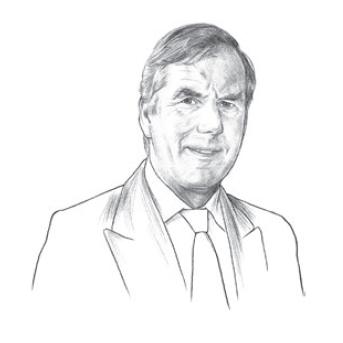
What is the goal of the CLA’s Countryside Matters campaign?
It’s a long-running campaign to publicise the benefit farmers and landowners produce for society and the countryside. We want the public and politicians to understand that rural Britain needs investment post-Brexit. We know that the countryside is hugely appreciated – a CLA survey showed that 84% of the public want to see it supported. But there’s a massive divide between our increasingly urban-centric society and those who live and work in rural areas. We want to push the fact that the countryside does matter and that it doesn’t come for free.
How has the outcome of the general election affected landowners, farmers and rural businesses?
I feel it’s likely to be helpful because we are probably facing a softer Brexit than we would have done, and that can only be good for the rural economy. If we head for the cliff edge of global free trade outside the EU, we are unlikely to get a good deal out of Europe. So while the election result has created uncertainty, it has also been helpful.
Will Environment Secretary Michael Gove be good for the rural sector?
Defra has gone from being a Cinderella department to one with a hard-hitting secretary of state with significant clout who is determined to make his mark. We don’t like everything he says, but he is honest and he is prepared to listen. He is clearly keen that there should be payment for results – particularly when it comes to the environment. Traditional farmers may not like the direction he is moving in, but it is remorselessly heading in that direction anyway. It’s up to us to make sure we temper him. We want Mr Gove to remember that the key part of the matrix is food production and that it’s not just about the birds, the bees and the butterflies.
What would you like to see in the forthcoming Agriculture Bill?
It needs to put in place a new policy that makes British farming more profitable – farmers are hardly making any money from food production. Around 87% of income in 2015 came from Environmental Stewardship or the Basic Payment Scheme, and that can’t continue. We either have to get better at what we are doing or get more value for produce. We need a direct payment system, such as the CLA’s Land Management Contract concept, to pay farmers for all the things they do in the countryside – from providing healthy soils that safeguard our strategic food production, to clean water, to looking after footpaths and making sure biodiversity doesn’t continue to decline. And we need to produce a much more resilient rural economy – including making sure that we have enough labour post-Brexit.
How important is rural diversification?
It’s vital to make sure our businesses are as resilient as possible, given the type of global marketplace we live in. If a business has a separate income stream to farming – whether it’s a farm shop, solar panels, business units or stewardship – it protects against volatility. However, with diversification there is always a danger of losing sight of the core business. If you invest in a farm shop, for instance, it’s your new toy and you are at risk of spending a disproportionate amount of time and resources on it, at the expense of the business of producing food. But in farming, diversification is now essential.
What are your hopes for the future of rural Britain?
That it is recognised for the contribution it makes to our nation’s prosperity. The rural economy has the potential to be really strong. But if the government puts all the resources into urban sites and northern powerhouses, we won’t get connectivity or the houses we need in the countryside so people can live and work in the landscape that we all love.
Click here to download the full interview as a PDF
Publications


